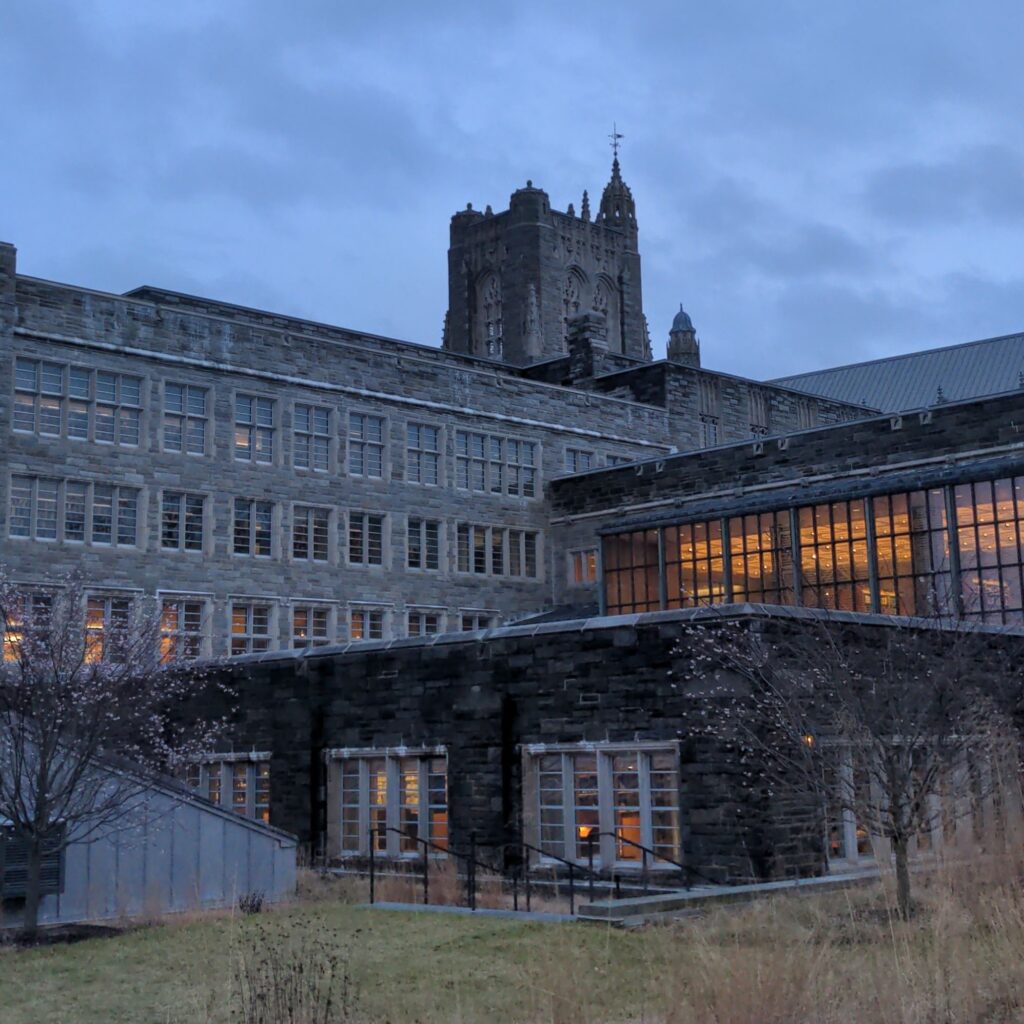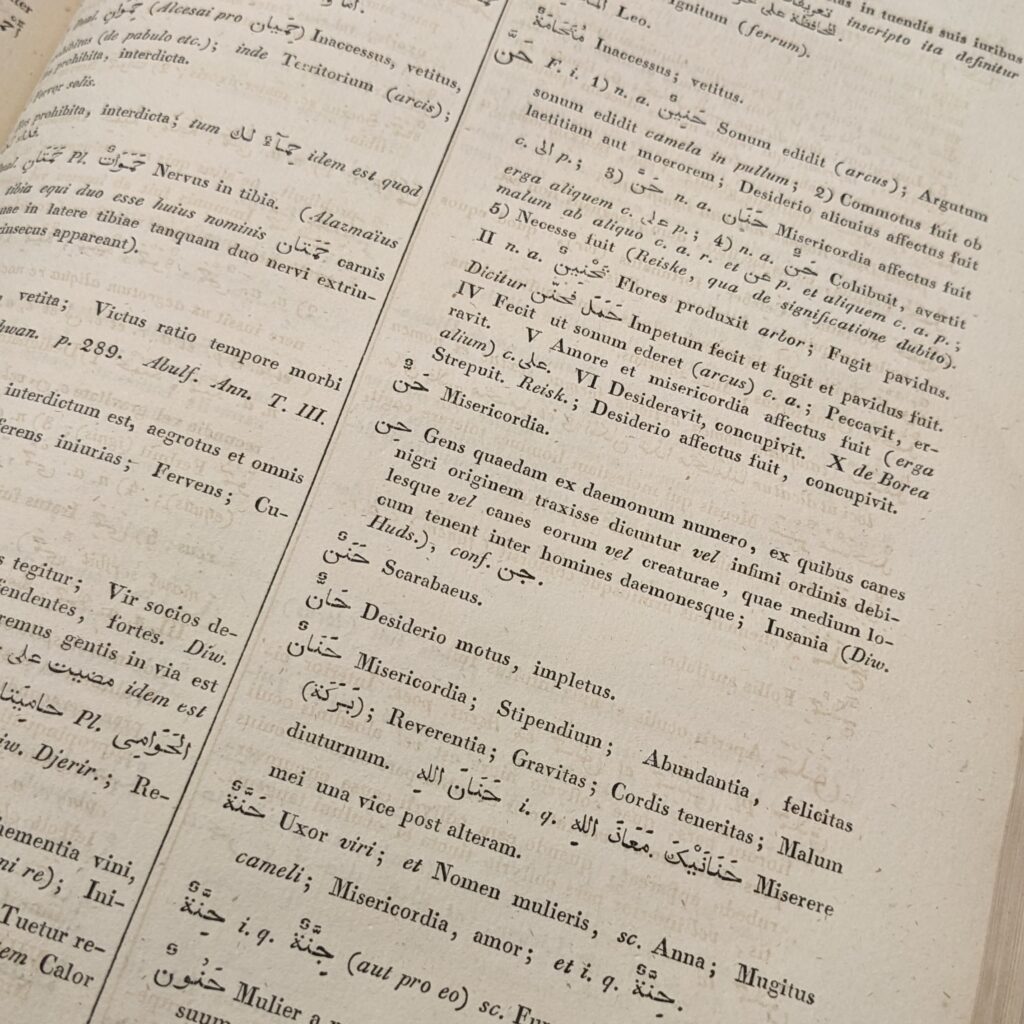Many Princeton students, when writing their senior theses, will be required to submit something resembling a “literature review,” where they give a broad summary of the extant literature on their respective senior thesis topics. Surveying the extant literature on a topic can help students to develop their own independent thoughts on the matter. For many students, the literature ends up being a very important part of the actual final text of the senior thesis.
After reaching this stage when researching my senior thesis topic, a relatively-unknown Arabic Christian legal text from 18th-century Lebanon called the Mukhtaṣar al-Sharīʿa of ʿAbdallāh Qarāʿalī, I realized that only a few paragraphs and couple footnotes had been written about the text in English. All told, the entire body of English-language academic work on the Mukhtaṣar totalled a mere two pages. This lack of a developed scholarly conversation about my topic came with its own challenges and opportunities. The relative obscurity of this topic was a large part of why I chose to write my thesis about it— I found it to be very intriguing and wished there was more written about it. In this post I intend to look back at my own experience writing a thesis on such a niche topic, and hope to offer some considerations on how such a project might be approached.

Firestone Library on a Spring Evening
Continue reading The Under-the-Radar Thesis Topic: A Retrospective on my own Experience

